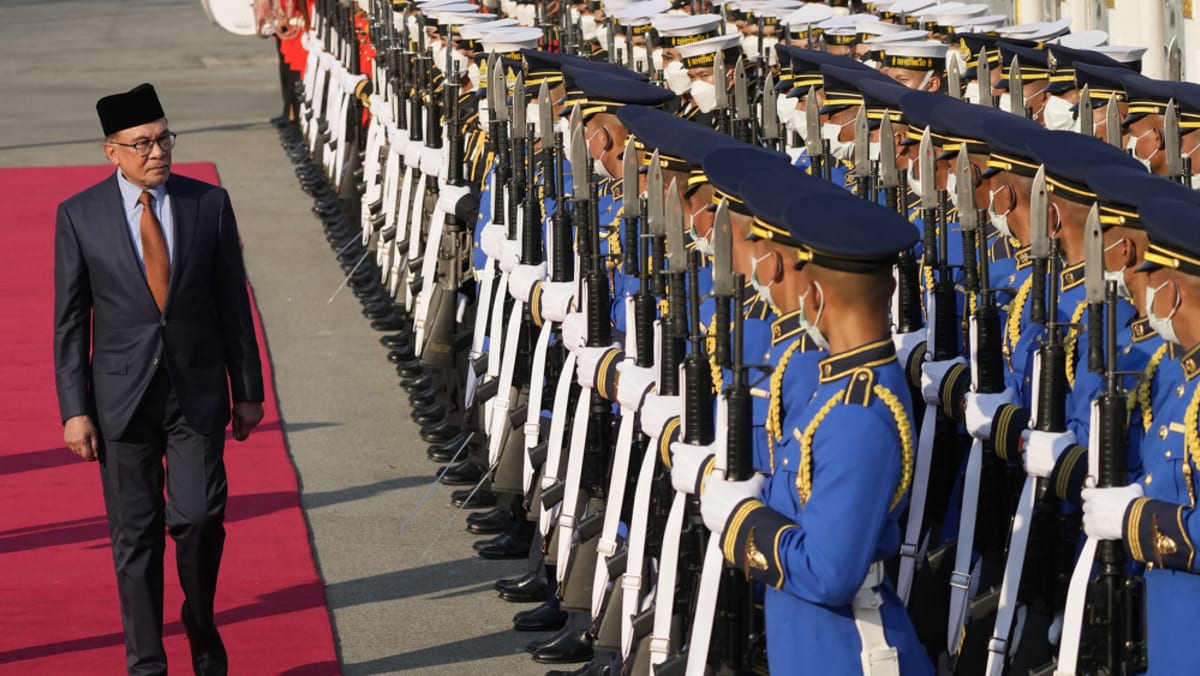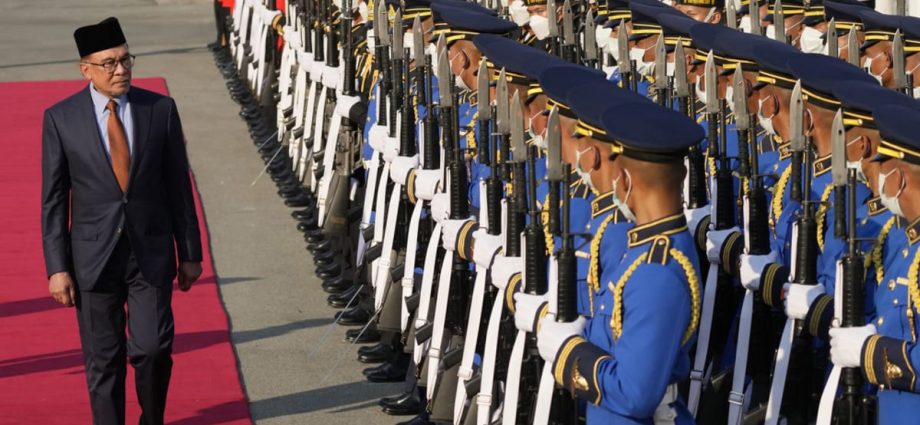
WASHINGTON DC: Nearing the hundred-day mark of his tenure, Malaysian Prime Minister Anwar Ibrahim is emerging as one of Southeast Asia’s leading statesmen – one whose voice could help move the needle on critical regional issues such as Myanmar and economic cooperation.
Since taking office in November 2022, he has already travelled to Indonesia, Brunei, Singapore, Thailand and Türkiye and hosted senior officials from countries including the United States, Germany and Singapore. This is a pace of travel and engagement unmatched by his recent predecessors.
While Anwar’s rate of travel is tied to the loosening of COVID-19 travel restrictions and a general re-opening of the region, this whirlwind tour of diplomatic engagement reflects his desire to maximise the window of time during which he’s relatively politically secure.
If Anwar can hold open the window by maintaining approval from the public – and, more importantly, from his coalition partners – he would fill the critical leadership void in Malaysia left by years of domestic turmoil marked by four prime ministers in as many years, possibly allowing Kuala Lumpur to stop punching below its weight and even surpass expectations.
SHORING UP PRECARIOUS DOMESTIC POSITION
Anwar’s political position is precarious, given that his coalition is replete with former rivals and relies on the highly unstable United Malays National Organisation (UMNO), which is rife with infighting. With state assembly elections expected to be held in the coming months, any swing in Anwar’s or his coalition members’ popularity over the next several months could hamper his ability to govern.

